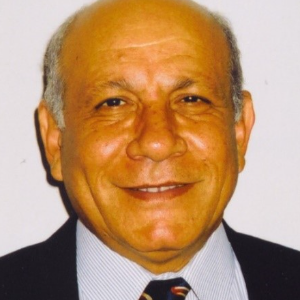Oil refining is any post-extraction procedure used to obtain high-quality oil for a variety of applications. Phosphatides, tocopherols, sterols, free fatty acids, gummy compounds, color bodies, hydrocarbons, ketones, and aldehydes are all found in crude oil. The refining process removes these contaminants. Many thermodynamic processes, such as mass and heat transit phenomena, are involved in oil refining, and a food engineer or chemical engineer can assist in improving oil quality and processing efficiency. Although many integrated oil companies would perform both extraction and refining services, refining is considered as a downstream operation of the oil and gas industry. The capacity of major refineries to process hundreds of thousands of barrels of crude oil per day. The refining process is known as the "downstream" sector in the industry, whereas raw crude oil production is known as the "upstream" sector.
- Crude Oil Up-Stream Process
- Downstream Processing of Oil

Anthony J Sadar
Environmental Science Communication, LLC, United States
Selim Sanad Shaker
Geopressure Analysis Services, United States
Sharma Dronamraju
AKD Professional Solutions Inc., United States
Ross Cygan Taylor
North Sea Transition Authority, United Kingdom
Saleh Alqahtani
Saudi Aramco, Saudi Arabia
Abdulrahman Bahashwan
Saudi Aramco, Saudi Arabia



Title : The Vacuum Insulated Heatable Curtain (vihc): From conceptual invention to market deployment as a cost-effective dual solution for window heat loss reduction and localised radiant comfort
Saim Memon, Sanyou London Pvt Ltd, United Kingdom
Title : Transforming waste plastic into hydrogen: Progress, challenges, and future directions in pyrolysis-based integrated pathways
Nur Hassan, Central Queensland University, Australia
Title : Unlocking UKCS potential through collaborative well interventions
Ross Cygan Taylor, North Sea Transition Authority, United Kingdom
Title : Driving excellence in marginal field development and operations through an integrated smart strategy to unlock challenging sour oil
Sharina Al Muhairi, ADNOC Onshore, United Arab Emirates
Title : Innovative solutions for accurate and efficient gas monitoring
Raysa Bani Ibrahim, Abu Dhabi National Oil Company, United Arab Emirates
Title : Innovative solutions for accurate and efficient gas monitoring
Mariam Alzaabi, Abu Dhabi National Oil Company, United Arab Emirates